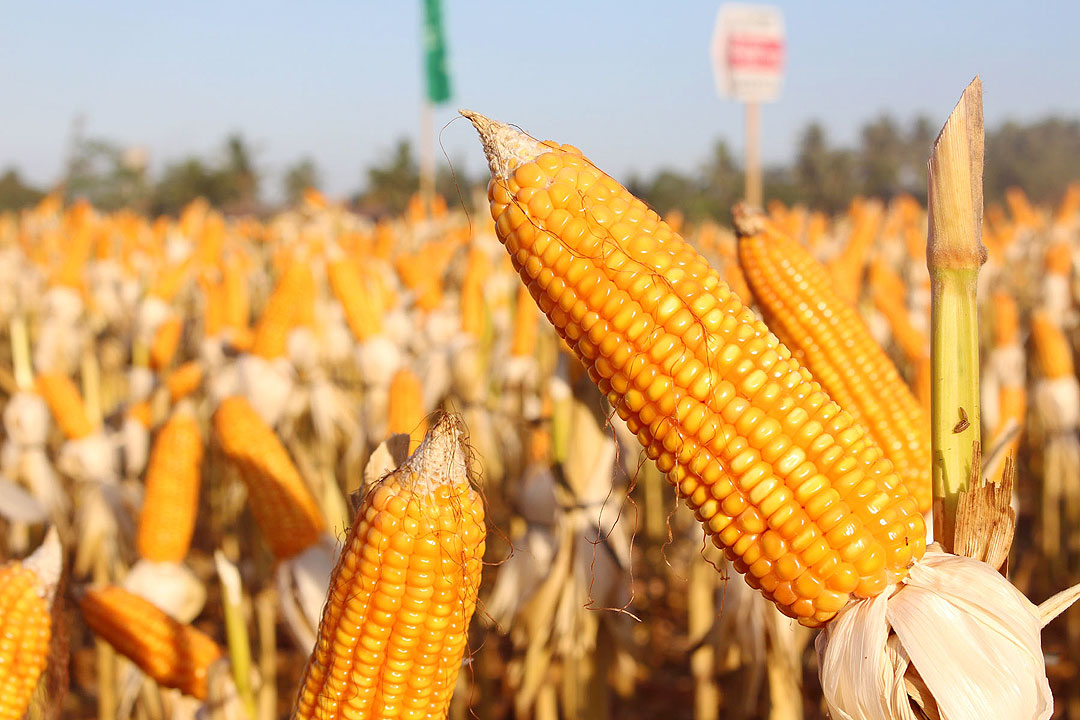
THE US Department of Agriculture (USDA) called the Philippines’ quota system for admitting corn imports at the minimum tariff “outdated” and not conducive to competition.
The USDA’s Foreign Agricultural Service (FAS) office based in Manila said in a report that the quota system, known as the minimum access volume (MAV) in countries trading under World Trade Organization rules, disadvantages smallholder farmers and new importers.
The Philippines commits to admit corn imports of 216,940 metric tons (MT) at a tariff rate of 35% for shipments falling within the quota, and 50% for shipments in excess of the quota.
In May 2022, former President Rodrigo R. Duterte issued Executive Order (EO) 171 which reduced the Most Favored Nation tariff rate on goods including corn to mitigate the impact of the Russian invasion of Ukraine.
President Ferdinand R. Marcos, Jr. signed EO 10 extending the reduced tariff rates until Dec. 31, 2023.
According to the FAS, stakeholders singled out as “anti-competitive and potentially inconsistent with the Philippines’ commitments with trading partners” practices such as the non-enforcement of penalties for underutilized MAV quotas.
Administrative Order 9 of 1995 outlines the process for allocating import licenses or MAV Import Clearances, creating an advantage for entrenched importers.
“This provision effectively allows existing MAV licensee holders to keep their full allocation for the next year without ever having to import,” the report read.
Corn imports from ASEAN countries, though not counted under the ASEAN Trade in Goods Agreement, are classified as MAV allocations due to underutilization of the MAV.
The FAS said this practice forces new importers to import corn at out-of-quota tariff rates.
“These factors have regularly contributed to the Philippines underfilling its tariff-rate quota and curbed competitive market forces,” the FAS said.
Earlier this year, the FAS projected that corn imports in market year 2022-2023 could top 1 million metric tons, exceeding the year-earlier total by 300,000 MT due to the extension of the low-tariff regime. — Sheldeen Joy Talavera



